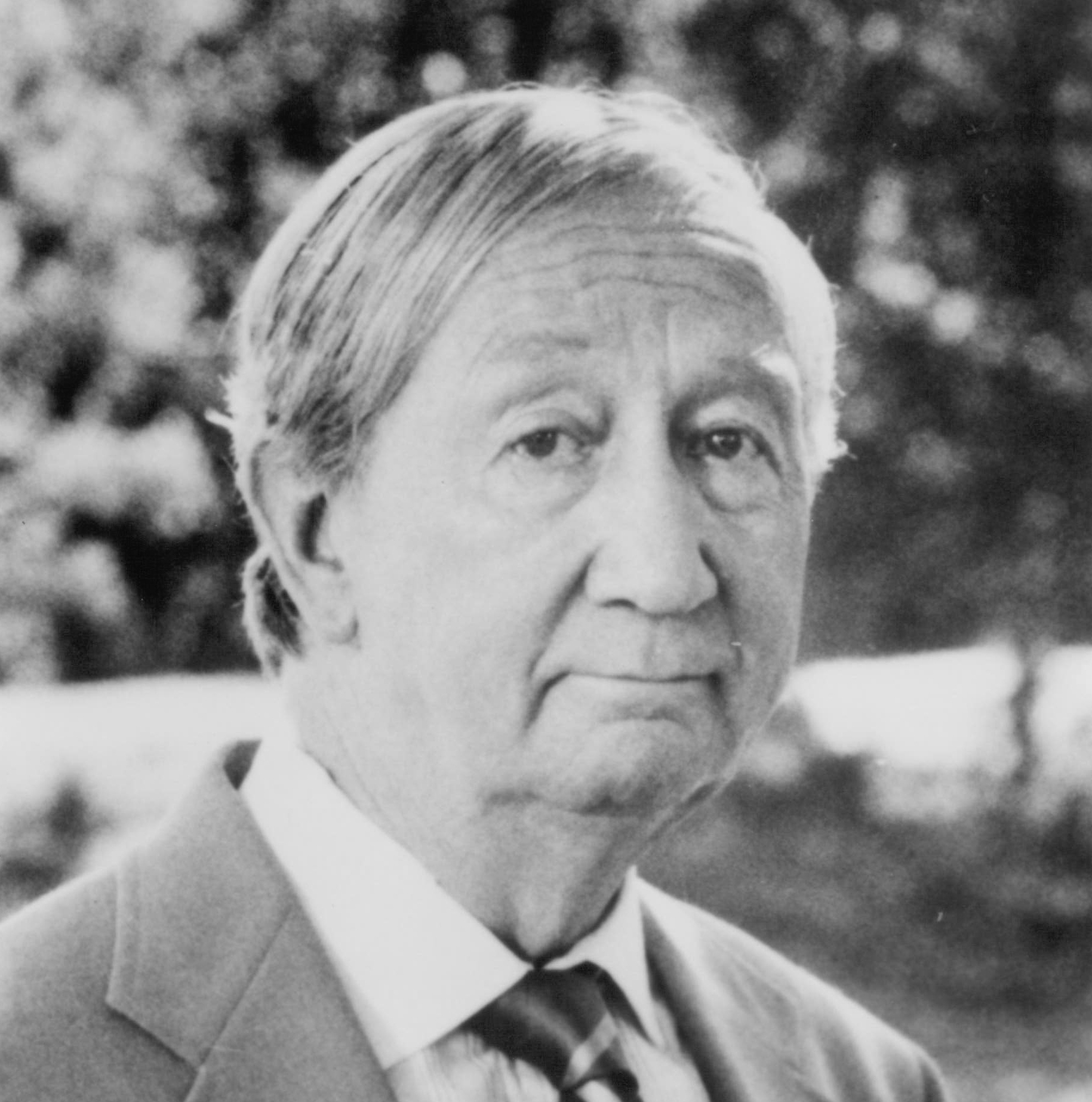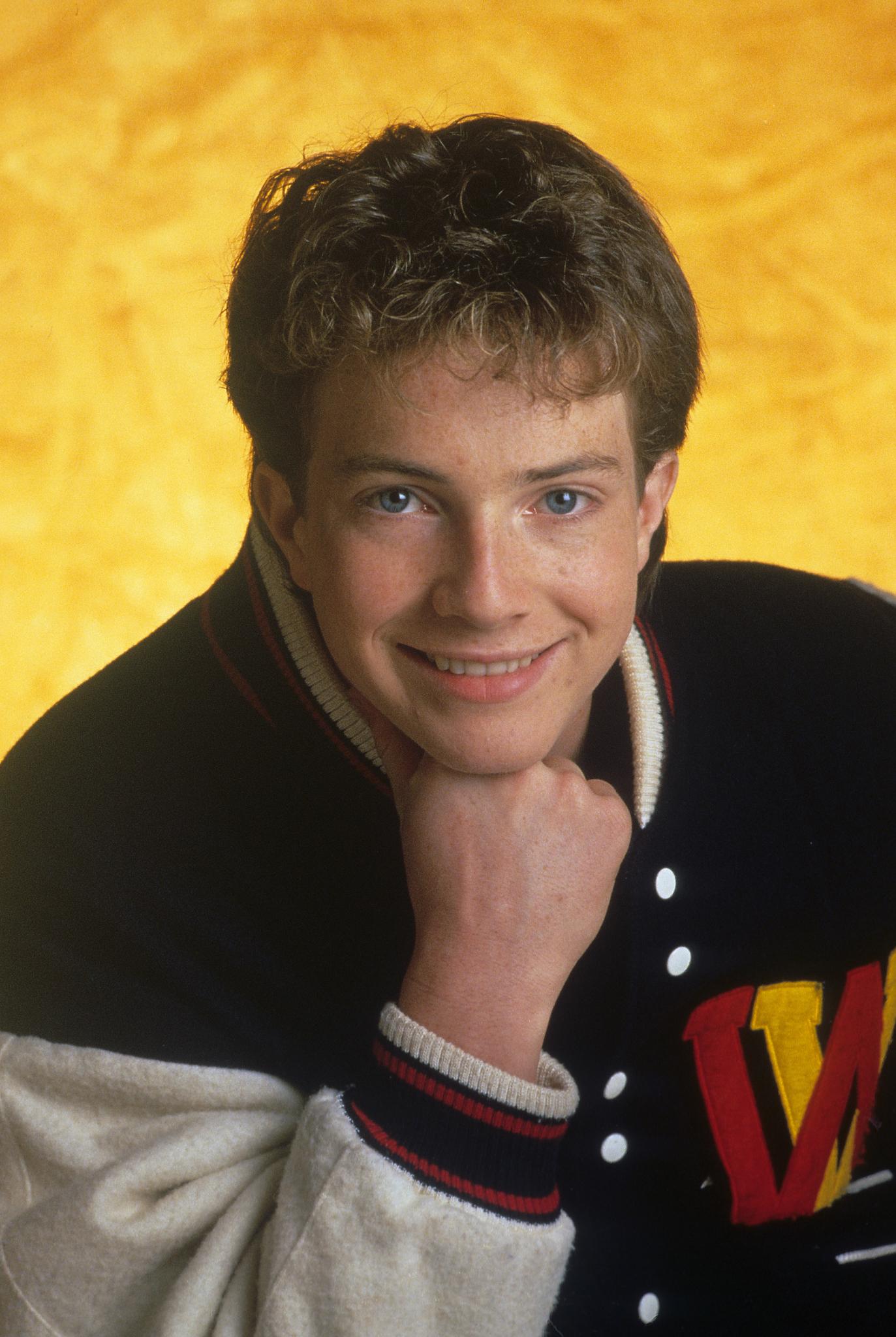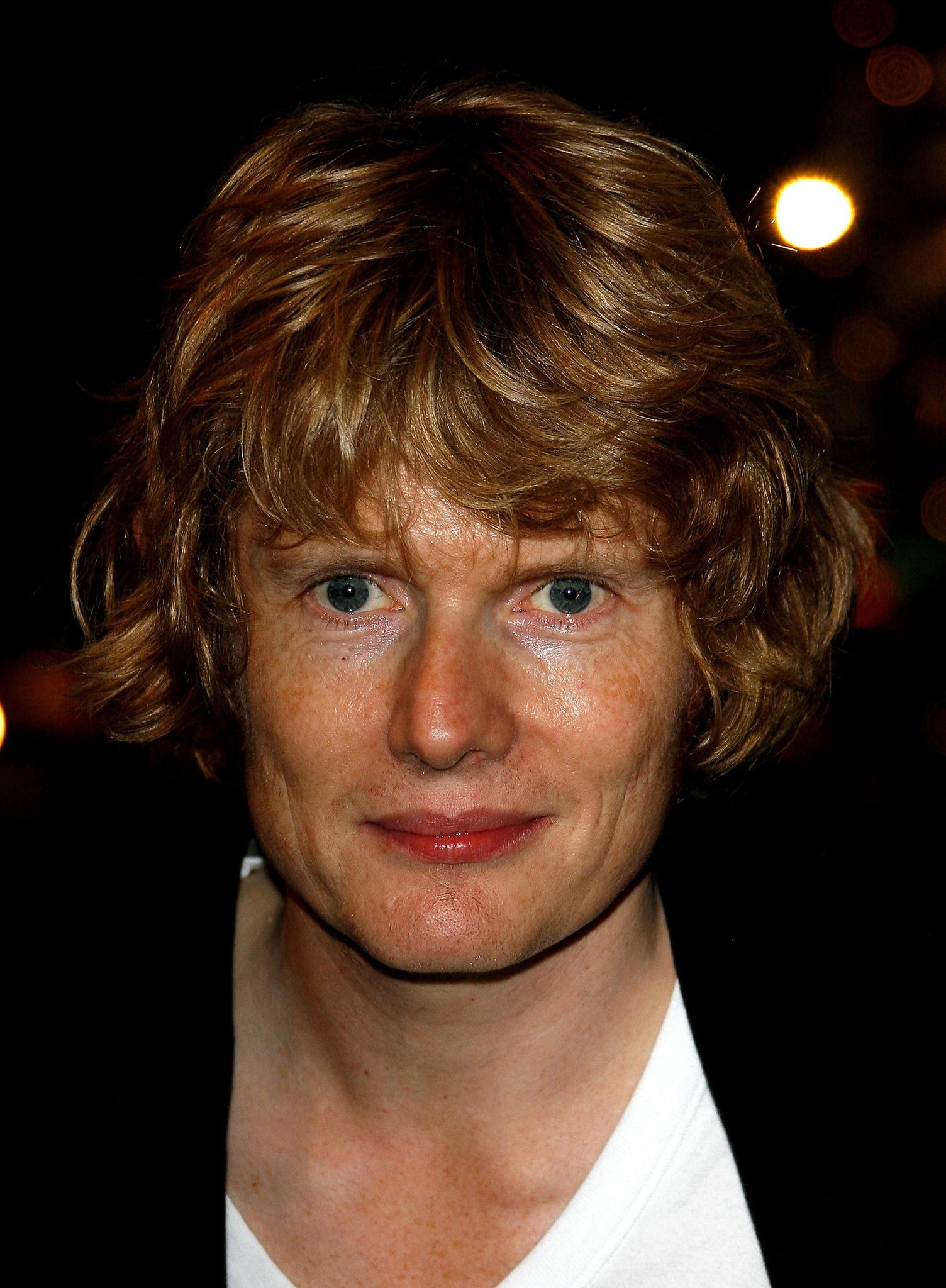
Julia Roberts
Birthdate – October 28, 1967 (57 Years Old)
Birthplace – Smyrna, Georgia, USA
Julia Roberts (birthname: Julia Fiona Roberts) has been one of the most beloved movie stars for more than a generation, initially gaining her fame on the power of her charisma and winning smile, but later maturing into an actor capable of ranging widely between comedy and drama.
After seven years of fame, Roberts established her acting credentials by winning the Best Actress Oscar in 2001 for Erin Brockovich (2000) and shifted more and more towards serious and/or stylish movies, such as Closer (2004), directed by Mike Nichols.
Roberts burst on the scene with an impressive turn in Mystic Pizza (1988), opposite Annabeth Gish, Lili Taylor, Vincent D’Onofrio, and Matt Damon, which earned her a Female Lead nomination from the Independent Spirit Awards. Roberts’ major breakthrough to a wider audience was with her pivotal and dramatic role in Steel Magnolias (1989), directed by Herbert Ross and co-starring Sally Field, Dolly Parton, Shirley MacLaine, Daryl Hannah, and Olympia Dukakis.
But it was the Garry Marshall-directed rom-com, Pretty Woman (1990), with Richard Gere, that established Julia Roberts as a huge movie star and scored her first Oscar nomination for Best Actress. Roberts displayed her range in the psychological horror film, Flatliners (1990), with Kiefer Sutherland, Kevin Bacon, William Baldwin, and Oliver Platt.
Roberts proved her box-office clout with the thriller, Sleeping with the Enemy (1991) since even though critics dismissed it, the movie broke the record for the biggest domestic box-office opening for a movie with a female lead (grossing $175 million worldwide). This pattern—critical pans, box-office hit—persisted through much of Roberts’ career, including Dying Young (1991), with Campbell Scott.
Julia Roberts’ collaboration with Steven Spielberg—along with Dustin Hoffman and Robin Williams—would appear to have been money in the bank, but Hook (1991) proved to be a modest failure for all concerned with an underwhelming box-office return ($300 million for the expensive production). Again, mixed reviews and a powerful box office ($200 million worldwide) characterized Roberts’ next, The Pelican Brief (1993), co-starring Denzel Washington.
Roberts joined filmmaker Robert Altman again (after a cameo in Altman’s 1992 The Player) in his Paris fashion movie, Prêt-à-Porter (1994), with an international cast of Anouk Aimee, Marcello Mastroianni, Sophia Loren, Kim Basinger, Lauren Bacall, Tim Robbins, Forest Whitaker, and Jean Rochefort.
Despite her excellent box-office record, Julia Roberts has experienced a few bombs, such as the Stephen Frears-directed Mary Reilly (1996), with John Malkovich and Glenn Close. Roberts played supporting to lead Liam Neeson in Neil Jordan’s historical Irish drama, Michael Collins (1996), which won the Golden Lion and Best Director at the Venice Film Festival. Roberts continued her supporting work in Woody Allens’s rom-com, Everyone Says I Love You (1996), with Alan Alda, Allen, Drew Barrymore, and Natalie Portman.
One of Roberts’ few universally acclaimed global hits was My Best Friend’s Wedding, directed by P.J. Hogan and co-starring Dermot Mulroney, Cameron Diaz, and Rupert Everett. Roberts jumped into the action-movie genre with director Richard Donner’s twisty Conspiracy Theory (1997), with Mel Gibson and Patrick Stewart, earning nearly $137 million globally. Another hit for Roberts (and for the first time serving as executive producer) came next with director Chris Columbus’ comedy-drama, Stepmom (1998), with Susan Sarandon and Ed Harris.
Julia Roberts hit her commercial zenith with the British rom-com directed by Roger Michell and written by Richard Curtis, Notting Hill (1999), with Hugh Grant, Hugh Bonneville, and Rhys Ifans, and universally acclaimed by critics and grossed $364 million worldwide—making it the highest-grossing British movie of all time. Roberts hit box-office gold (and plenty of critical pans) for the second time with co-star Richard Gere and director Garry Marshall with Runaway Bride (1999), earning $309 million worldwide.
But it was Oscar gold that Julia Roberts won (for Best Actress) with her next movie, the acclaimed Steven Soderbergh true-life drama, Erin Brockovich (2000), with Albert Finney, Aaron Eckhart, and Peter Coyote. Although it perversely separated Julia Roberts and Brad Pitt for most of the movie, the crime comedy The Mexican (2001) earned nearly $148 million globally, with a standout performance by James Gandolfini. Fitting the usual pattern of a Roberts movie (bad reviews, great box office), the Joe Roth-directed America’s Sweethearts (2001) co-starred Billy Crystal, Catherine Zeta-Jones, John Cusack, Stanley Tucci, and Christopher Walken.
Roberts reunited with Soderbergh as one of the few women in Ocean’s Eleven (2001), starring George Clooney, Matt Damon, Andy Garcia, and Brad Pitt, and the first in the Ocean’s Trilogy. Roberts was also a part of the ensemble of Soderbergh’s next movie, the universally panned (and box-office bomb) Full Frontal (2002), but rebounded brilliantly in Clooney’s superb directorial debut, Confessions of a Dangerous Mind (2002), starring Sam Rockwell (who won Best Actor at the Berlin Film Festival) and Drew Barrymore.
Director Mike Newell’s drama, Mona Lisa Smile (2003) is now perhaps best remembered as the movie that earned Julia Roberts the biggest salary pay ever given to a female actor–$25 million. Staking a claim as a serious dramatic actor, Julia Roberts held her own opposite Jude Law, Natalie Portman, and Clive Owen in Patrick Marber’s drama directed by Mike Nichols, Closer (2004), earning $115 million worldwide and two Oscar nominations (for Owen and Portman) and win (including for Roberts) from the National Board of Review.
After returning as part of the gang in Ocean’s Twelve (2004) and doing voice work in the animated movies The Ant Bully (2006) and Charlotte’s Web (2006), Roberts reunited with director Nichols for his final movie: Charlie Wilson’s War (2007), with Tom Hanks, the Oscar-nominated Philip Seymour Hoffman, and Amy Adams. Writer-director Tony Gilroy paired Roberts and Clive Owen for the sneakily-plotted Duplicity (2009), followed by Valentine’s Day (2010), an ensemble rom-com marking Roberts’ third project with director Garry Marshall, with Jessica Alba, Kathy Bates, Jessica Biel, and Bradley Cooper.
Julie Roberts enjoyed another three-figure million-dollar hit with writer-director Ryan Murphy’s adaptation of Elizabeth Gilbert’s best-seller, Eat Pray Love (2010). Perhaps Roberts’ most surprising box-office failure was Larry Crowne (2011), which paired Roberts with Tom Hanks, who wrote, directed, and starred: The estimated worldwide gross was somewhere between $60-$70 million worldwide, a remarkably low number given the co-stars.
Roberts joined Lily Collins in the Snow White-themed Mirror Mirror (2012), directed by Tarsem Singh, earning $183 million worldwide. Roberts entered the Oscar race once again (along with co-star Meryl Streep) for the Tracy Letts drama (Letts adapting his play), August: Osage County (2013), co-starring Ewan McGregor, Chris Cooper, Benedict Cumberbatch, and Sam Shepard. One of Roberts’ lower-grossing films ($32 million globally) of this period was the Hollywood remake (by writer-director Billy Ray) of Juan Jose Campanella’s Argentine political drama, Secret in Their Eyes (2015), with Chiwetel Ejiofor and Nicole Kidman.
Julia Roberts reunited for a final time with her Pretty Woman director, Garry Marshall, for the romantic drama, Mother’s Day (2016), with Jennifer Aniston, Kate Hudson, and Jason Sudeikis, but while it earned a respectable $48 million worldwide, it was one of the worst reviewed films of Roberts’ career, scoring 18 on Metacritic.com. Roberts shifted into high suspense mode with one of her favorite co-stars, George Clooney, for the Jodie Foster-director thriller, Money Monster (2016).
After doing vocal work on the $197 million-grossing animated Smurfs: The Lost Village (2017), Julia Roberts enjoyed a major hit with the family movie, Wonder (2017), co-written and directed by Stephen Chbosky, co-starring Owen Wilson, Jacob Tremblay, Mandy Patinkin, and Daveed Diggs. Despite a Toronto Film Festival premiere, excellent reviews, and the brilliant young actor and co-star Lucas Hedges, Roberts’ star power wasn’t enough to lift writer-director Peter Hedges’ solid drama, Ben Is Back (2018) to box-office success, grossing only $12 million.
Roberts once again paired with Clooney (and also as producer) for the light rom-com, Ticket to Paradise (2022), with Kaitlyn Dever and Billie Lourd. Continuing as producer-star, Roberts’ next movie was the pandemic-set Leave the World Behind (date to be announced), by writer-director Sam Esmail and co-starring Mahershala Ali, Ethan Hawke, Myha’la Herrold, and Kevin Bacon.
Personal Details
Julia Roberts was born and raised in Smyrna, Georgia by parents (as well as playwrights and actors) Betty Lou and Walter Roberts. Roberts has had two older siblings, actor Eric Roberts, and actor Lisa Roberts Gillan, as well as a late younger half-sister, Nancy Motes, who died of an apparent drug overdose in 2014 at age 37. Her niece is actress Emma Roberts. Roberts’ parents divorced in 1971.
Her father Walter died of cancer six years later when Roberts was ten years old. Her mother Betty Lou married Michael Motes, who became abusive of Betty Lou and eventually divorced Motes on cruelty grounds in 1983. Roberts attended Fitzhugh Lee Elementary School, Griffin Middle School, and Campbell High School, all in Smyrna, where she played clarinet in the school band, and intended to be a veterinarian.
After attending Atlanta-based Georgia State University, Roberts dropped out and moved to New York City to study acting. She acted with Click Modeling Agency and attended acting classes in New York. Roberts was married to musician-actor Lyle Lovett from 1993 to 1995; she has been married to cinematographer Daniel Moder from 2002; the couple has three children, Hazel, Henry, and Finn. Robert’s height is 5’ 8”. Julia Roberts’ estimated net worth is $250 million.
Filmography
Some Facts About Julia Roberts
America’s Favorite: Julia Roberts’ remarkable run as one of the most beloved movie stars is reflected by the fact that she was either a winner or nominee for the People’s Choice Award for “Favorite Motion Picture Actress” nineteen times between 1991 and 2012, tracks the period of her greatest commercial appeal.
Religious: Roberts’ chosen faith is Hindu, and a devotee of guru Neem Karoli Baba.
Causes: Julia Roberts has been a spokesperson for a renewable energy firm, Earth Biofuels, and narrated a film about climate change made by Conservation International; she has also worked to raise awareness for UNICEF support for Haiti, and for the neurodevelopmental disorder, Rett syndrome.
Awards
Winner, Best Actress, Academy Awards (2000); Three-time Nominee, Academy Awards (1990, 1991, 2014); Two-time Nominee, Best Guest Actress/Best Supporting Actress, Emmy Awards (1999, 2014); Winner, Best Actress, BAFTA Awards (2001); Winner, Board of Governors Award, American Society of Cinematographers Awards (2011); Nominee, Best Female Lead, Independent Spirit Awards (1989); Three-time Winner, Best Supporting Actress/Best Actress, Golden Globe Awards (1990, 1991, 2001); Winner, Best Actress, Los Angeles Film Critics Association (2000); Three-time Winner, Best Acting Ensemble/Best Actress, National Board of Review (1994, 2000, 2004); Winner, Donostia Lifetime Achievement Award, San Sebastian Film Festival (2010); Winner, Best Actress, Screen Actors Guild Awards (2001); Two-time Winner, Female Star of the Year/International Star of the Year, ShoWest USA (1991, 1998).


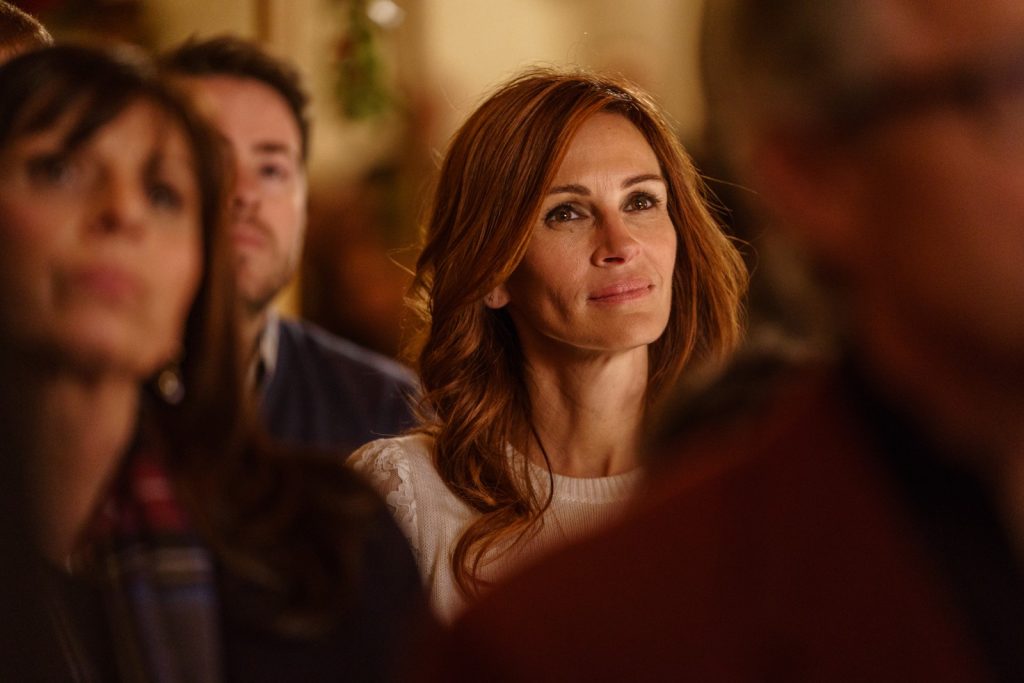
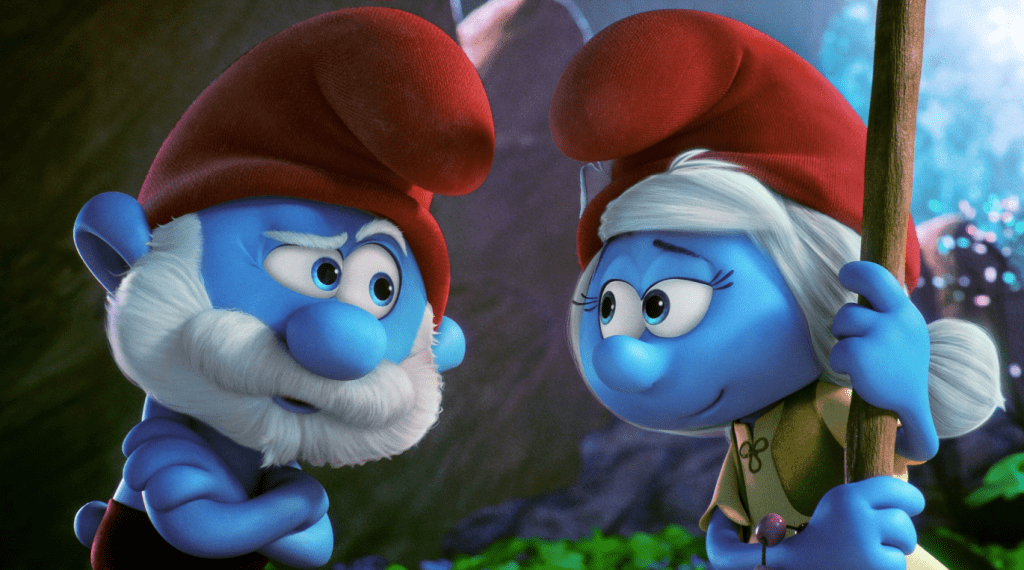
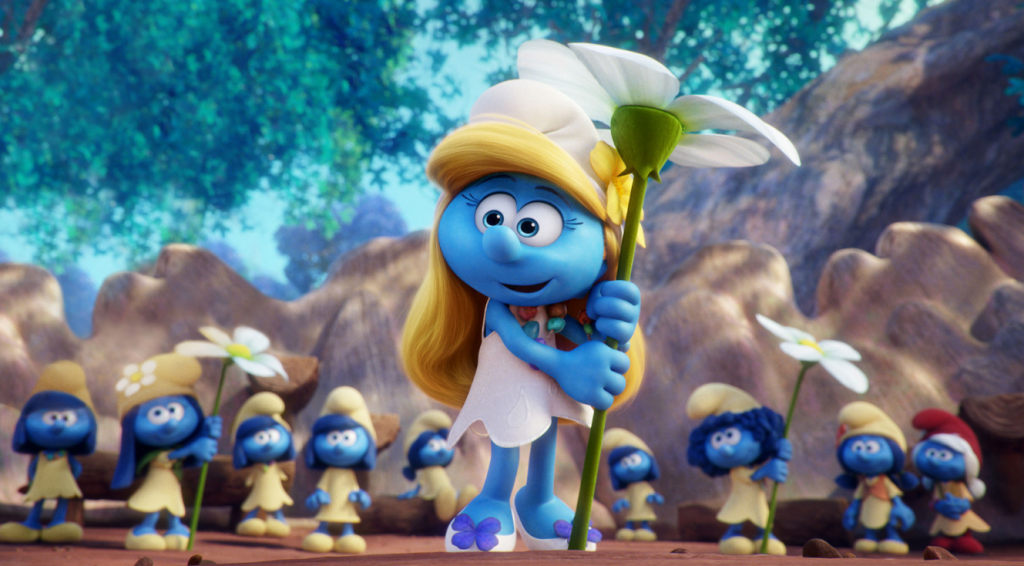












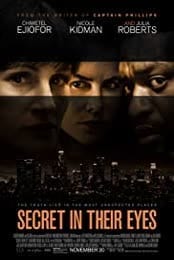
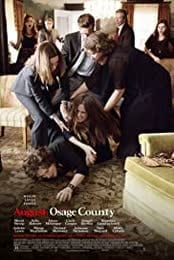
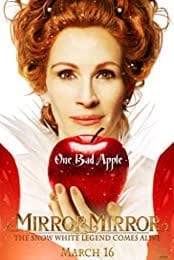
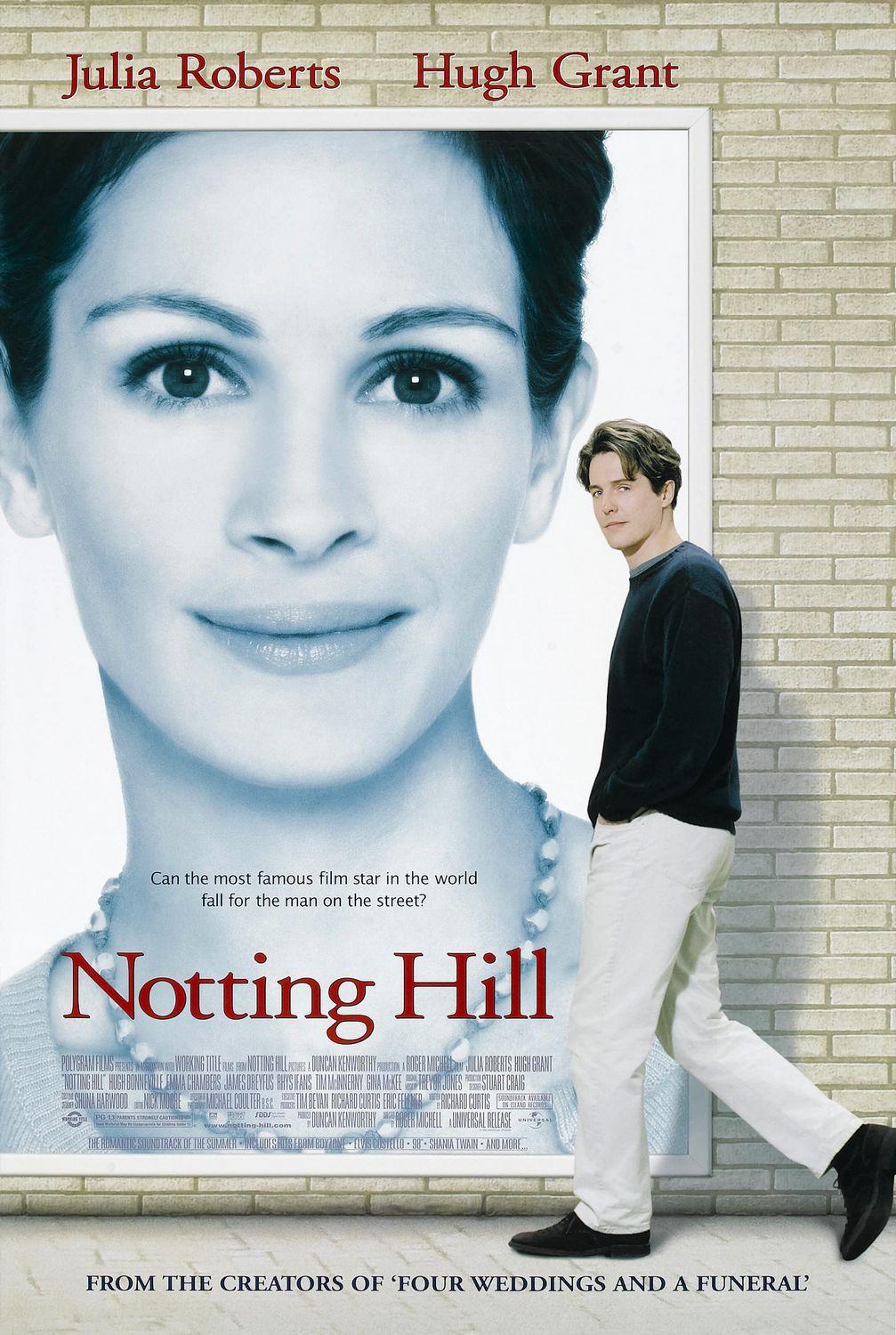
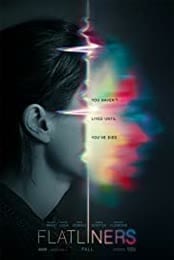
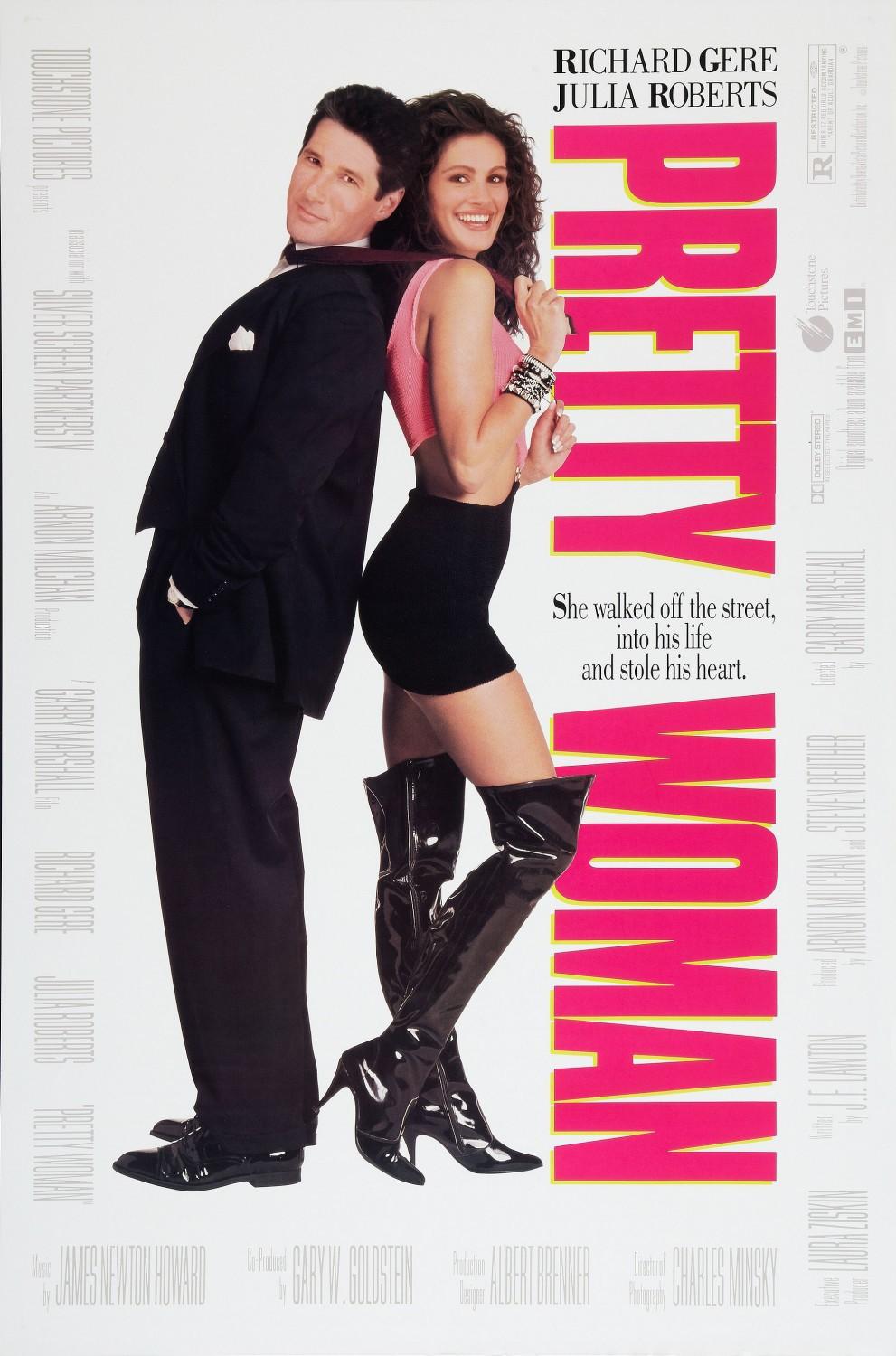
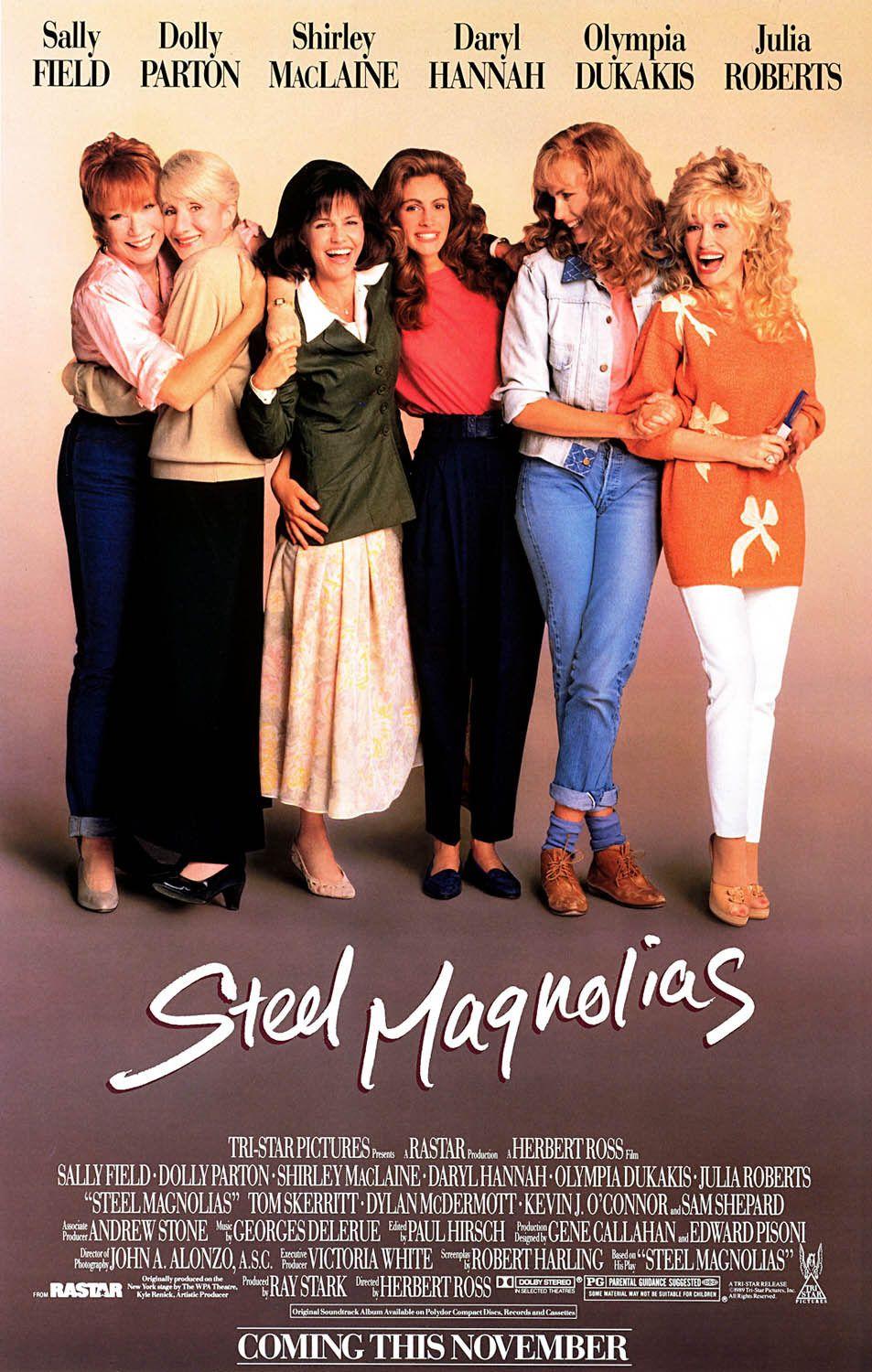




:max_bytes(150000):strip_icc():focal(749x0:751x2)/Gillian-Telling-stuck-on-subway341-12112024-f7834b1ff0eb492f8c9c68cad92646bb.jpg)


